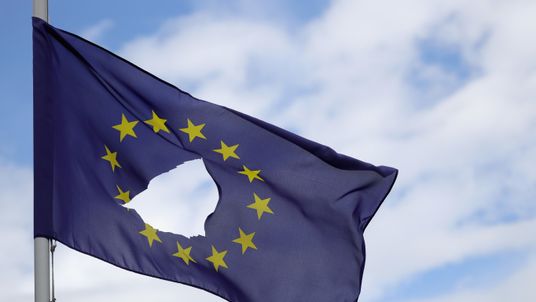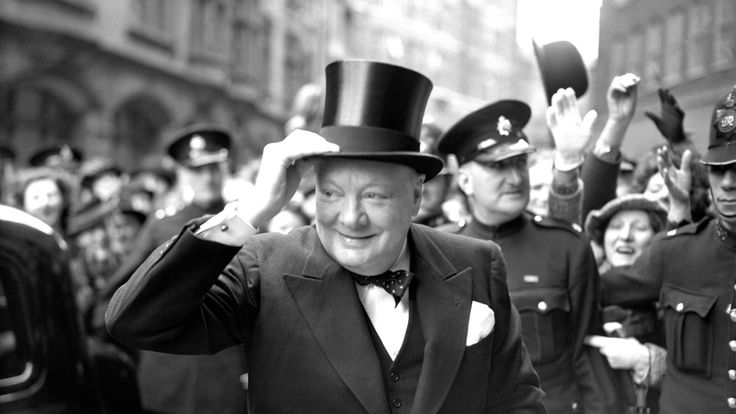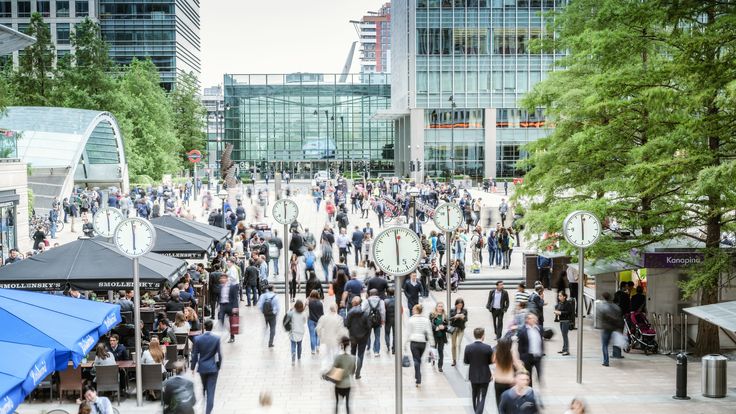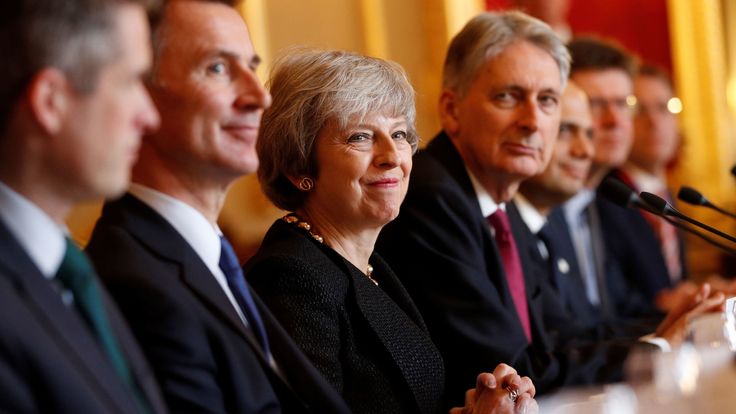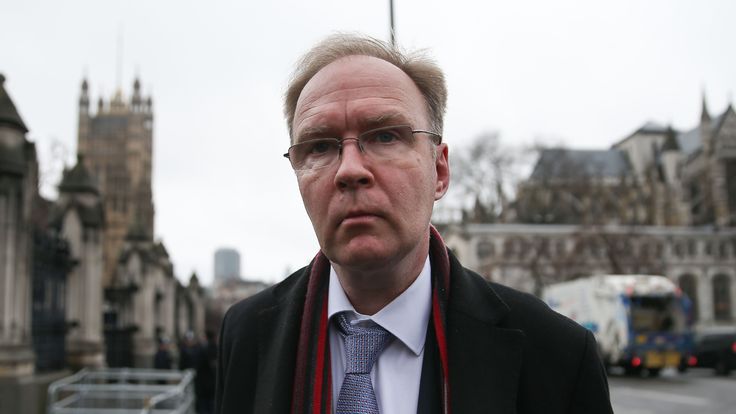Sky Views: Skilled workers won't stick around post-Brexit
By John Sparks, Africa correspondent
I think my father decided to emigrate to Canada after the church youth group tried to burn his chapel down.
The church was in Norwich and it was my father’s first pastoral charge after completing a couple of years of theological training. He was keen and hardworking and there was a youthful congregation to serve but I think he struggled to keep the faith in 1970s Britain.
His salary barely fed a family of five and the local state school was an uninspiring heap, preparing me and my siblings for life on the factory floor. Plus, the church youth group had become very difficult to control.
As the radio crackled with news of strikes, bailouts and rising unemployment, my father did what one million other Britons decided to do in the years following the second world war – emigrate to Canada.
A similar number took advantage of the “10 pound pom” tickets and sailed to Australia.
The post-war exodus was so serious that Winston Churchill deployed his rhetorical skills to try and stop it.
He said: “Stay here and fight it out. If we work together with brains and courage, as we did in days not long ago, we can make our country fit for all our people. Do not desert the old land.”
But patriotic appeals did not stop people like my father from leaving the land of their birth. In fact, the UK would remain a net-exporter of people until the early-1980s.
Post-Brexit, Britain is set to experience another wave of emigration – another exodus – as the people who populate the UK’s service sector seek opportunities elsewhere.
This outcome is the product of Theresa May’s transition deal, which prioritises the eradication of freedom of movement with the EU over all other facets of the relationship – including how Britain will do cross-border trade in services with the continent.
It is a critical issue because this part of the economy constitutes a whopping 80% of Britain’s GDP and British-based companies are already voting with their feet.
To continue doing business in the EU, companies offering business, legal, insurance and financial services are relocating staff and creating new offices inside the 27-nation block.
The prime minister’s priorities around freedom of movement will only intensify the process. The UK will struggle to make deals on the temporary movement of workers and mutual recognition of qualifications in future negotiations when it has already shut the proverbial door (this week the government confirmed that EU citizens’ automatic right to settle and work in the UK will end).
Here’s what the UK’s former representative to the EU, Sir Ivan Rogers has to say about Mrs May’s Brexit imperatives:
“We have essentially sacrificed all ambition in services sectors in return for ending free movement, sold the latter as a boon (when amongst other things, it clearly diminishes the value of a UK passport), and presented the former as a regaining of sovereignty, when it guarantees a major loss of market access in much our largest export market.”
British politicians have been “frankly cavalier” with the nation’s future says Sir Ivan, “precipitating events they could not then control.”
That brings us back to the “uncontrollable event” at hand. By destroying freedom of movement with the EU, the government has made it far more likely that British citizens – with skills and qualifications – will leave for a better life abroad.
Skills and qualifications give people options – and when the economy starts to suffer, people are going to exercise them – even if your qualifications are in theology.
By the way, the economy is suffering. Investment bank UBS says growth is 2.1% lower than it would have been if the leave vote had not happened, equating to about £40bn of lost GDP. A cursory look at the Bank of England’s economic projections for a range of Brexit-related outcomes show the pain could get much, much worse.
So, do not expect people to hang around. Churchillian (or Twitter-based) appeals for unity and shared purpose simply will not work. If Britain cannot provide opportunities for skilled and educated workers, another country will.
Sky Views is a series of comment pieces by Sky News editors and correspondents, published every morning.
Previously on Sky Views: Tom Cheshire – Kim’s new year speech points to the future
Source: Read Full Article
